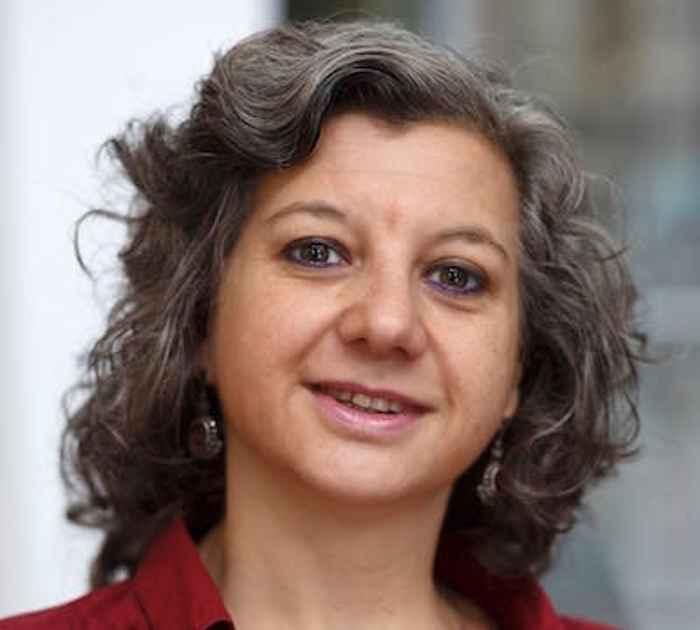Science beyond the Horizon with Nancy Cartwright
Reflections by Federica Russo
21 December 2021

“It has been such a great pleasure to organise and chair the ‘Science beyond the Horizon’ episode with professor Nancy Cartwright. In her impressive career, she has received numerous achievements and awards and published many influential books. This is information that anyone can find on the internet. Instead, I would like to tell you who Nancy Cartwright is for a scholar like me.
I have been in academia for nearly 20 years now, and Nancy Cartwright was already there, big and visible, when I started. She has been (and still is) a true role model. She has always been one step ahead, leading the research agenda; the quality, depth, and breadth of her ideas, including how she speaks to non-philosophers, are consistently outstanding. And she gives a powerful voice to women in academia.
When I was a junior undergraduate and graduate student, her work in philosophy of physics, and particularly on laws and models was a must-read. She has been influential in thinking and re-thinking about causality. Nancy’s work has been ground-breaking in engaging with formal models, like Bayesian nets, looking critically at statistics-based practices such as in econometrics, putting forward a positive metaphysical view of causes as powers. Well before evidence-based medicine became a hot topic in philosophy of science and medical methodology, Nancy understood that philosophers had to engage with meaning and use of randomised controlled trial, broadening the philosophical discourse to policy, and to evidence-based approaches specifically. She pioneered the idea that we use causal knowledge, urging that the work of philosophers cannot remain within ivory towers.
When I contacted Nancy to give a talk in the series ‘Science beyond the Horizon’, she expressed reservations that she would be the right speaker for a series on science beyond the horizon, because, as the title of her talk says, … science should be “in the earthly plane”. She briefly explained to me what she meant, and then, being in charge of the preparation of the meeting, I had the privilege to see her material in advance. I had no doubt that she would have a relevant and powerful message for us.
In this event, Nancy Cartwright presented her latest work, jointly with other scholars (Jeremy Hardie, Eleonora Montuschi, Matthew Soleiman, and Ann C. Thresher). She urges us to look at the practice of science, and at the products of science. We need to realise how difficult and messy the whole process is, by looking at real cases. This is what she calls the ‘tangle of science’. If we do so, we realise that a key notion to re-think is that of reliability. There is a whole story to be told about what makes the products of science reliable, so that we can “take them off the shelf” and use them. Watch the lecture, as it will give plenty of insights on these topics.
Our outstanding panellists, Sonja Smets, Cees Diks, John Grin, Maartje Schermer and Henk de Regt helped us explore Nancy’s ideas from various perspectives: from formal modelling, truth, and social epistemology, to policy and health interventions, and also more theoretical issues related to understanding and explanation. We received many questions from the audience, more than was possible to answer.
Nancy Cartwright has sparked, once again, a lively debate, on timely and important topics for philosophers, scientists, and policy makers. Our only regret was that we could not have the pleasure to have Nancy in person in Amsterdam. We owe her another invitation to visit the UvA Institute for Advanced Study. It will be a pleasure to continue this conversation!”
Federica Russo
Philosopher of Science, Technology and Information
University of Amsterdam